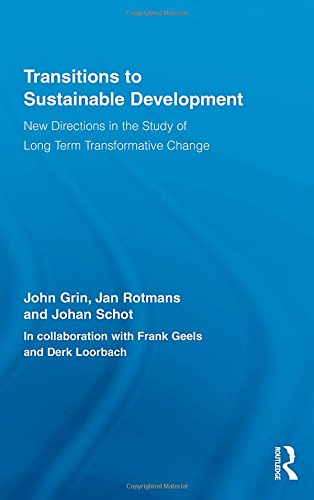

Most ebook files are in PDF format, so you can easily read them using various software such as Foxit Reader or directly on the Google Chrome browser.
Some ebook files are released by publishers in other formats such as .awz, .mobi, .epub, .fb2, etc. You may need to install specific software to read these formats on mobile/PC, such as Calibre.
Please read the tutorial at this link: https://ebookbell.com/faq
We offer FREE conversion to the popular formats you request; however, this may take some time. Therefore, right after payment, please email us, and we will try to provide the service as quickly as possible.
For some exceptional file formats or broken links (if any), please refrain from opening any disputes. Instead, email us first, and we will try to assist within a maximum of 6 hours.
EbookBell Team

4.8
34 reviewsOver the past few decades, there has been a growing concern about the social and environmental risks which have come along with the progress achieved through a variety of mutually intertwined modernization processes. In recent years these concerns are transformed into a widely-shared sense of urgency, partly due to events such as the various pandemics threatening livestock, and increasing awareness of the risks and realities of climate change, and the energy and food crises. This sense of urgency includes an awareness that our entire social system is in need of fundamental transformation. But like the earlier transition between the 1750's and 1890's from a pre-modern to a modern industrial society, this second transition is also a contested one. Sustainable development is only one of many options. This book addresses the issue on how to understand the dynamics and governance of the second transition dynamics in order to ensure sustainable development. It will be necessary reading for students and scholars with an interest in sustainable development and long-term transformative change.